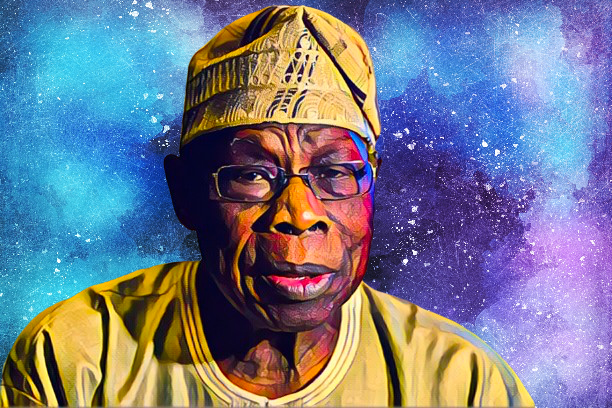Nigeria’s Senate has strongly refuted recent accusations made by former President Olusegun Obasanjo, labeling his claims as “false and uncharitable.” The Senate’s response follows Obasanjo’s critical remarks about the legislative body’s performance and its members, which have sparked widespread debate across the nation.
In a statement issued by the Senate’s spokesperson, the legislative body expressed deep disappointment with Obasanjo’s allegations, which they described as an unfair attack on the integrity and efforts of the current Senate. The Senate argued that Obasanjo’s comments were not only baseless but also failed to recognize the significant strides made by the lawmakers in addressing Nigeria’s pressing challenges.
The former president had accused the Senate of being unproductive and self-serving, suggesting that the lawmakers were more focused on personal gain than on advancing the country’s development. These remarks were met with swift rebuttal from the Senate, which defended its track record, citing key legislative achievements that have contributed to national growth.
“The Senate finds it regrettable that a former leader of this country, who should be a statesman, has chosen to cast aspersions on the hardworking men and women of the National Assembly,” the statement read. The Senate highlighted several legislative accomplishments, including the passage of critical bills aimed at economic reform, security enhancement, and social welfare improvement.
The legislative body also pointed out that the current Senate has been instrumental in scrutinizing and passing numerous bills and motions that have had a direct positive impact on the lives of ordinary Nigerians. The statement emphasized that the Senate remains committed to its constitutional duties and will continue to work diligently for the betterment of the country.
Senate President Godswill Akpabio, in his reaction, called for a more constructive dialogue between Nigeria’s political leaders. He urged former President Obasanjo to engage with current leaders in a manner that fosters unity and progress rather than division and discord. Akpabio reaffirmed the Senate’s dedication to transparency, accountability, and service to the Nigerian people.
Obasanjo’s criticisms are not new, as he has been a vocal critic of successive governments since leaving office in 2007. His recent remarks, however, have reignited discussions about the relationship between the executive and legislative arms of government in Nigeria, with many questioning the motives behind his statements.
The Senate’s rebuttal also called on the Nigerian public to remain focused on the facts and not be swayed by what it described as “inflammatory rhetoric” from any individual, regardless of their status or past contributions to the nation. The statement urged Nigerians to trust in the democratic process and to evaluate the Senate’s performance based on tangible results rather than rhetoric.
As the political landscape in Nigeria continues to evolve, the exchange between the Senate and Obasanjo highlights the ongoing tension between past and present leaders, as well as the challenges of governance in a complex and dynamic democracy.
In conclusion, the Senate has dismissed former President Obasanjo’s allegations as unsubstantiated and unhelpful, reaffirming its commitment to legislative excellence and national development. As the country moves toward future elections, the focus will likely remain on the ability of Nigeria’s institutions to deliver on their promises to the people.
Source: Tribune Online


